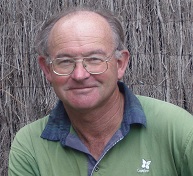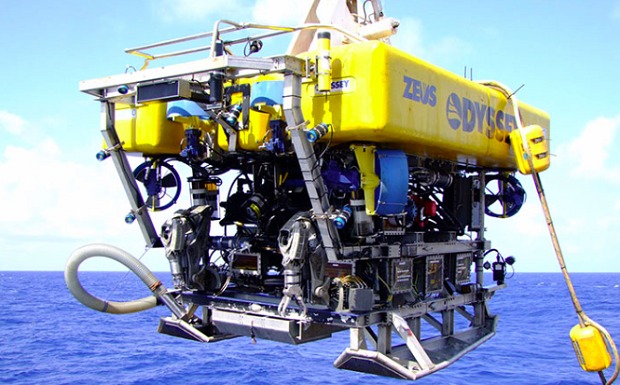Below is our recent interview with Chris Castle, CEO at Chatham Rock Phosphate Limited:

Q: For those who haven’t heard of the Company, what is the best way to describe Chatham Rock Phosphate Limited?
A: Chatham Rock Phosphate (CRP) intends to be a major supplier of direct application (organic) phosphate to the NZ and global agricultural sector.
We hold a granted mining permit, are stock exchange listed in Canada, Germany and New Zealand and have 2,000 shareholders. The mining permit area is 450 km east of Christchurch, at a depth of around 400 metres on the Chatham Rise and in New Zealand territory. Estimated reserves are 23.4 million tonnes.
Our project is unique in the sense that there will be no capital development costs as the deposit will be contract mined by a dredging company
Q: What is rock phosphate used for?
A: Rock phosphate contains phosphorus (P) which is one of the key essential elements in modern agriculture. Phosphorous use (along with nitrogen and potassium) has become increasingly prevalent during recent decades due to the need to increase soil productivity. A rapidly increasing world population, together with reducing arable land due to urban spread and erosion of topsoil into waterways, makes this increased productivity essential.
 Recommended: SmartCard Marketing Sys Inc Develops Payment Solutions For Retail, Enterprises & Consumer Facing Payment
Recommended: SmartCard Marketing Sys Inc Develops Payment Solutions For Retail, Enterprises & Consumer Facing Payment
Q: Tell us what is special about Chatham rock phosphate.
A: Our rock has a chemical makeup which means it can be used as a “direct application” fertiliser with no other processing required other than grinding. It’s also very low in cadmium.
Q: You claim that your project and your rock have ethical, environmental and food safety benefits. Can you be more specific?
A:
- As noted above, its unique chemical composition allows it to be applied directly to the soil without additives – only simple crushing is required
- Direct application rock phosphate is significantly more environmentally friendly – reducing run-off by 80%-90% and improving soil health
- Loss of phosphate nutrient into waterways is also wasting a finite resource
- It also contains exceptionally low levels of cadmium and therefore offers food safety benefits
- Without processing It can sell at a significant premium, because it is both “organic” and is 85% as effective (according to recent greenhouse tests) as manufactured triple superphosphate (TSP)
- And because it is mined locally and not transported from the other side of the world there are much lower carbon emissions.
Q: Can you tell us something more about your mining approach? How do you do it?
A: We don’t actually do anything in an operational sense – in essence we are buying the rock as it comes onshore from our contractor, who will be dredging the deposit held within our mining permit. We then on-sell the rock (without any further processing) to costumers we have identified in a number of countries in our region (Australasia and Asia)
Q: You’ve raised $700k during 2019; are you still in fundraising mode?
A: We will remain in fundraising mode for as long as it takes to raise another $5.3 million and will recommence an application for the environmental permit we need once this succeeds.
 Recommended: Think Certification Think Star! – Star Certification LLC, Unfolding A New Era Of Certification World
Recommended: Think Certification Think Star! – Star Certification LLC, Unfolding A New Era Of Certification World
Q: Why the Chatham Rise project remains hugely important for New Zealand?
A: The project is forecast to be highly profitable and will pay substantial annual taxes and royalties, plus millions in port charges.
It will also create many high-value knowledge-based jobs in the home port, on the mining ship, undertaking environmental monitoring and broader scientific research, in the agriculture and hospitality sectors and on the Chatham Islands.
It offers a secure fertiliser supply for NZ agriculture.
There are significant environmental and food safety benefits – much lower run off impact on lakes and rivers, much lower cadmium and much lower carbon footprint.
Current main phosphate source in NZ is from a disputed territory in North Africa subject to UN sanctions and our project offers an ethical fertiliser supply alternative.
Activate Social Media:


